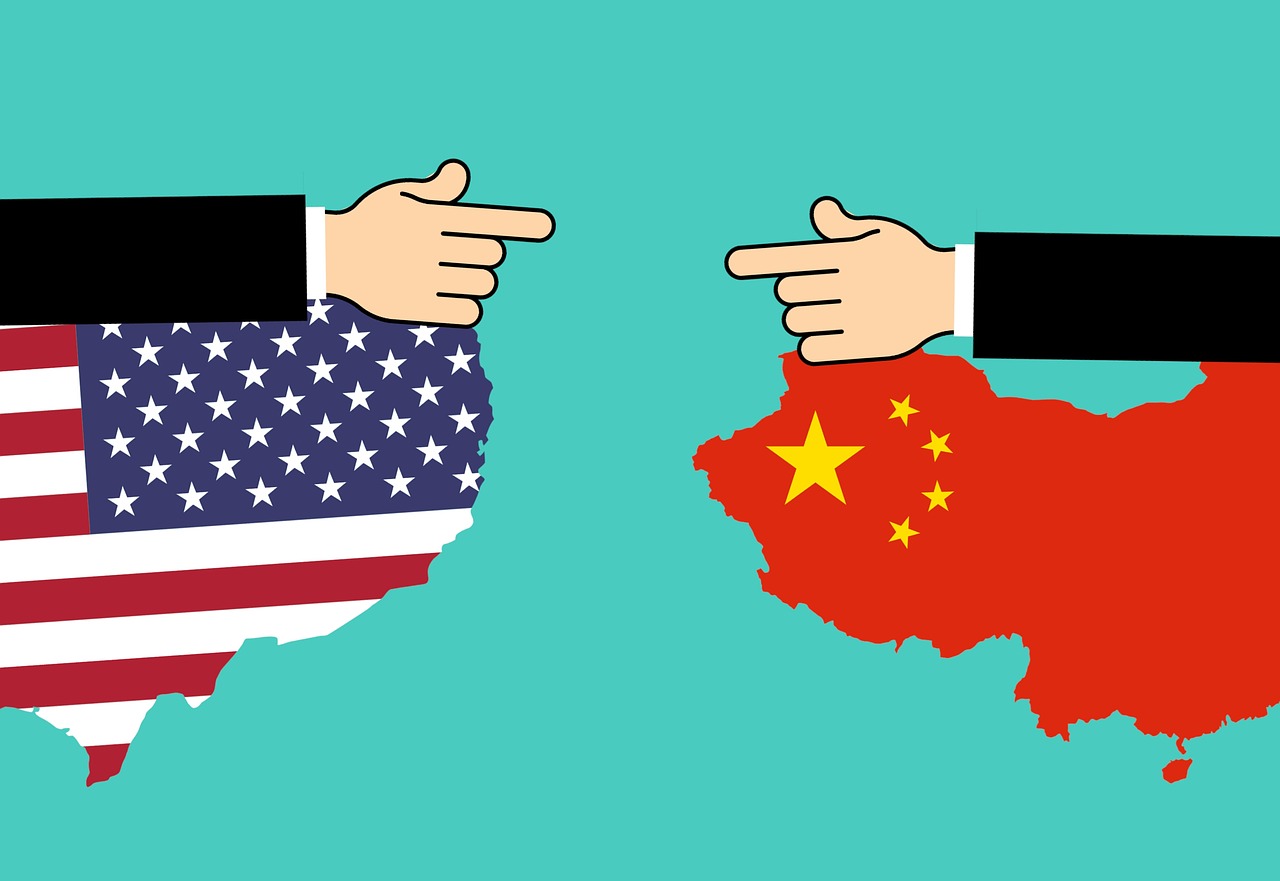
The trade dispute between China and the US is the focus of the global economy. Now Beijing is starting new talks between the two countries. But what is to be expected?
Despite all differences between China and the US: In recent weeks, it has become increasingly clear that both sides are at least trying to negotiate seriously. The goal: to settle the trade and customs conflict, which has lasted for around a year. US Treasury Secretary Steve Mnuchin gave an interview in Los Angeles a few days ago, saying, „We are approaching the home straight.“
China’s state and party leadership is, as usual, very overcast, but also the government spokesman Geng Shuang recently expressed optimism: The Sino-US trade talks have already made noticeable progress. „We believe that negotiating teams, if they work hard, can come to a conclusion that would be mutually beneficial,“ said Geng Shuang. And once again he referred to last December, when China’s party leader Xi Jinping and US President Donald Trump met in Buenos Aires and basically agreed to compromise.
Allegations remain
But whether it really comes to that, is still open. Because the core of the trade conflict remains: the allegations of the US government against China’s communist leadership. They read: China is treating foreign companies unfair, operating technology theft and not protecting others‘ intellectual property sufficiently. That’s why US President Donald Trump last year imposed special duties on Chinese goods worth US $ 250 billion. China levied counter duties. The same accusations come from Europe, but the governments there reject special duties against the Beijing leadership.
In order to resolve the conflict, US Treasury Secretary Mnuchin and US Trade Representative Bob Lighthizer are meeting with Liu He in Beijing today. He is vice-prime minister and the most important business man in the Chinese state and party leadership. This time, the talks will deal, among other things, with so-called „non-tariff trade barriers“. These are, for example, hidden subsidies for China’s state-owned companies or special Chinese laws, which only foreign companies, but not the domestic ones, have to keep to.
Breakthrough unlikely
At least verbally, China’s state and party leader Xi end of last week complacently said: „China will launch a series of serious reform and opening measures,“ he said at the so-called Silk Road Summit in Beijing. He spoke of fundamental, structural reforms.
But internationally, confidence in such promises of the Chinese leadership is highly manageable: „In recent years, the fundamental trend in China has been more centralization, more governmental influence and not less of it,“ said Nick Marro of the Economic Analysis Firm. Economist Intelligence Unit „in Hong Kong. It is unlikely that a breakthrough will take place in the trade round starting today in Beijing. On the contrary, the next round is already announced for the middle of next week when China’s Vice Premier Liu will travel to Washington.



